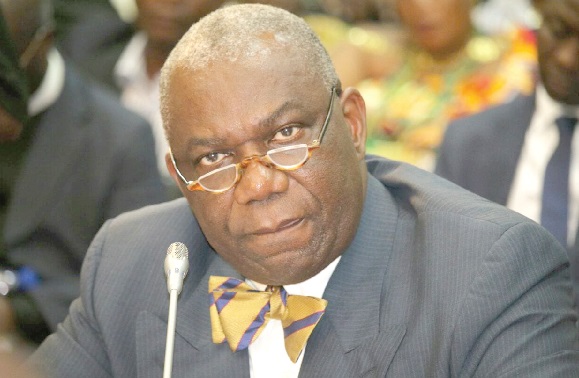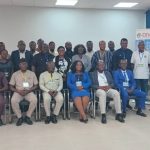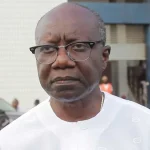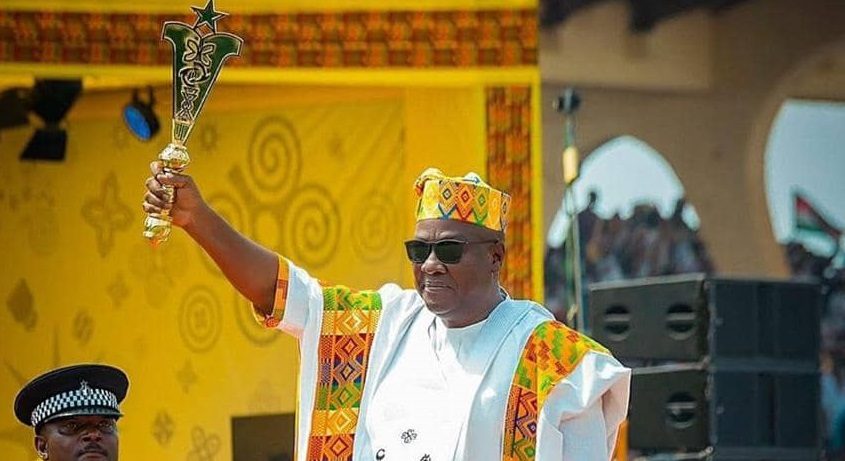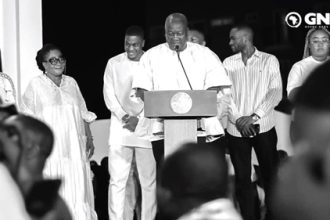Over many years now, there has been a deep-seated concern among Ghanaians, expressed by sustained debate, over the abandonment of projects initiated by various governments by successor governments.
Party A puts forth its manifesto in an election and after winning the election, commences a project in its manifesto, which it is unable to complete during its tenure.
Party B comes into office and abandons the project started by Party A either because it is not consistent with its priorities, manifesto commitments and plans upon which power was won, or because the issues of money and budget do not put such a project on the priority list of the new government.
There is also the lesser motive for abandonment in the sense that completing a project initiated by and identified with another political party may not allow the new government to claim any political credit.
The countryside is dotted with such projects. They constitute sunken funds or dead-weight capital that yield no obvious benefits to Ghana in their current state. There is an urgent need to bring this going-round-in-circles to an immediate halt.
While I cannot claim to be a repository of all the ideas for its final solution, I hope I will be tolerated to weigh in my two-pesewas worth of ideas.
Assets list
The first is to create a National Abandoned Assets List, by law. Every District and Metropolitan Assembly must be required to identify government assets, from electricity cables and poles to earth-moving equipment such as graders and bulldozers in its jurisdiction.
They are to compile a profile and the intended purpose(s) of each of the assets identified under the supervision of the Ministry of Local Government and Rural Development.
The final depository of all such lists should be the National Development Planning Commission (NDPC). The NDPC should conduct a full assessment of each identified asset for its structural integrity, relevance or obsolescence.
A determination also ought to be made concerning the use of the asset in meeting the original objective or if it can be redirected to serve other purposes. These assets can also constitute a materials supply depot from which materials can be drawn to complete other ongoing projects.
National law
The second step is to create a National Law on projects and programmes. A political party that desires to have a project adopted onto the National Projects and Programmes List from its manifesto, must submit such a project or programme to the National Development Planning Commission with the following;
• A statement of the project or programme’s OBJECTIVE(S);
• An economic and financial feasibility study proving the viability of the project or programme;
• A social Cost-Benefit Analysis; and
• Identification of potential stakeholders and beneficiaries.
The NDPC shall conduct an independent analysis alongside those done by the party submitting. It shall further recommend the legal and regulatory change/environment required to support the project or programme from the initial implementation stages to the successful completion of the project or programme.
The NDPC, after vetting the project or programme, and upon deciding that it has met all the established benchmarks, shall then forward the project or programme documents to Parliament for their consideration.
The document must receive a two-thirds majority approval of the full house to be admitted to the National Projects and Programmes list.
By so approving, Parliament will be mandating that the necessary budgetary allocation agreed upon shall be provided by the Minister of Finance in each annual national budget over the established and agreed upon timeframe of the project (Any project that can be completed within the four-year electoral cycle or tenure of the government shall not be admitted onto the National Projects and Programmes List).
M & E
There shall be a Monitoring and Evaluation (M&E) Committee under the NDPC that will be responsible for monitoring, every quarter, progress made on the project or programme and shall submit its report to Parliament.
These are my thoughts. Let us put yours and mine and those of others together to see how far we can get.


